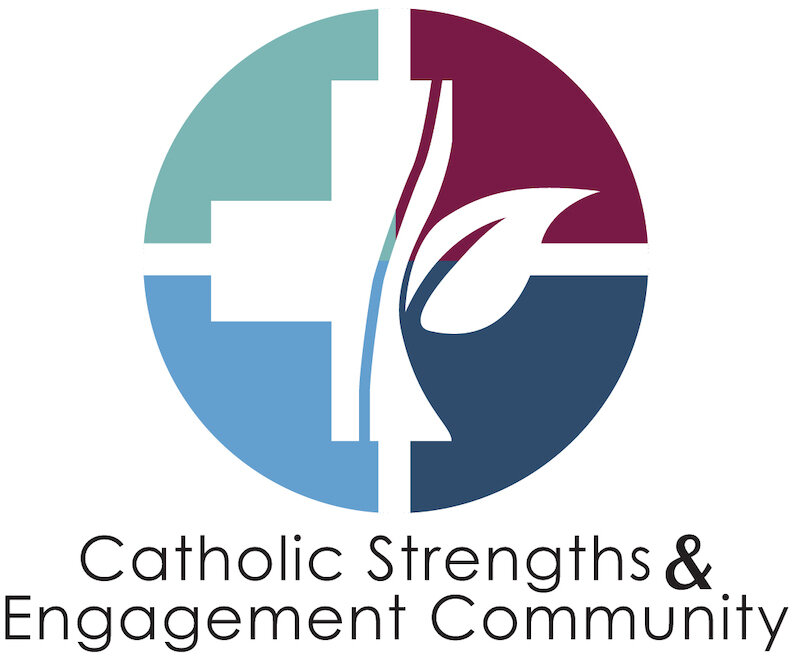Engagement in the Life of the Faith Community
Building engagement in the faith community life calls pastoral leaders to examine current practices through the lens of this critical sense of belonging. Studying the evidence within Growing an Engaged Church, it quickly becomes apparent that this is not a programmatic approach, but rather a framework for systemic change.
Small but Substantive Shifts
The shifts to which the engagement study lead are often small, but substantive. In most cases it is not so much that we change everything or most things, but rather, we look to our current practices for ways in which to enhance the engaging potential within them. In contrast to many programmatic approaches, the advice of experienced leaders in fostering engagement is that the faith community determines one or two areas of parish life upon which to focus at one time, rather than attempting to make all possible changes at once, and to build upon the positive as well as remediating areas in need of attention.
Measurement
This is where measurement becomes an important factor. As pastoral leaders we might have some ideas about parishioner perceptions, but until we measure through the engagement survey, we cannot know for certain if our assessment is accurate. Because the engagement survey (the ME25 – ‘ME for Member Engagement, ‘25’ for the number of items on the survey) is based upon the engagement research, leaders are provided accurate feedback on the essential factors that lead to engagement. Leaders may then identify areas of greatest strength and those that need particular attention, with the assurance that such action will bear great fruit. Rather than adopting a practice based upon the limited input of a few key members, often “insiders” who possess a certain bias simply based upon their experience and standing within the community, with ME25 results in hand, leaders are able to consider the input of a statistically valid measurement of parishioner perceptions, hopes and dreams. Subsequently, changes or additions to faith community practice will be based on objective information and can be communicated in this light.
The ME25 requires a substantial investment of the parish’s financial resources, as well as time and commitment on the part of the pastor, key staff and/or other leaders. Because of this, some faith communities will study the engagement research, begin to foster engagement in the ways they find appropriate and possible, while budgeting to invest in the survey and leadership training for a future fiscal year.
The essential concepts contained in the engagement study are simple and have the potential for profound impact in our pastoral practice. We find ourselves building on what is working rather than dwelling on what is not; we find freedom to speak openly, to dream boldly and to find hope in Christ and in the community of which we are a part.
Community as a Relationship
Reading Growing an Engaged Church, we find ourselves understanding that when people come into a parish, they are entering into a potential relationship. Viewing the parish in this light helps us to grasp the impact of the feeling of engagement. In fact, one of the transformative aspects of engagement is that this research-verified dynamic of communal life is expressed as a feeling or a sense. People know engagement when they feel it or sense it; they are also conscious of its absence when such is true of the life of the faith community. People readily feel growth in engagement and respond accordingly, and while we can never take engagement for granted and expect it to grow or be sustained without attention, there is a certain momentum that builds as engagement increases.
Every Person is of Value, the Community is of Value
In an engaged community, individuals perceive that every person is of value and that the community is of value in their lives. This value on the person does not stand in contradiction to the importance of worship in the community, but rather helps people to be pre-disposed to gather for communal worship with open minds and hearts, ready to be transformed by Christ, sure of the strength and the support of the community. As faith communities become larger or are drawn into clusters of parishes that share pastoral leadership, the implications of such value are certain to become more apparent and of greater importance.

